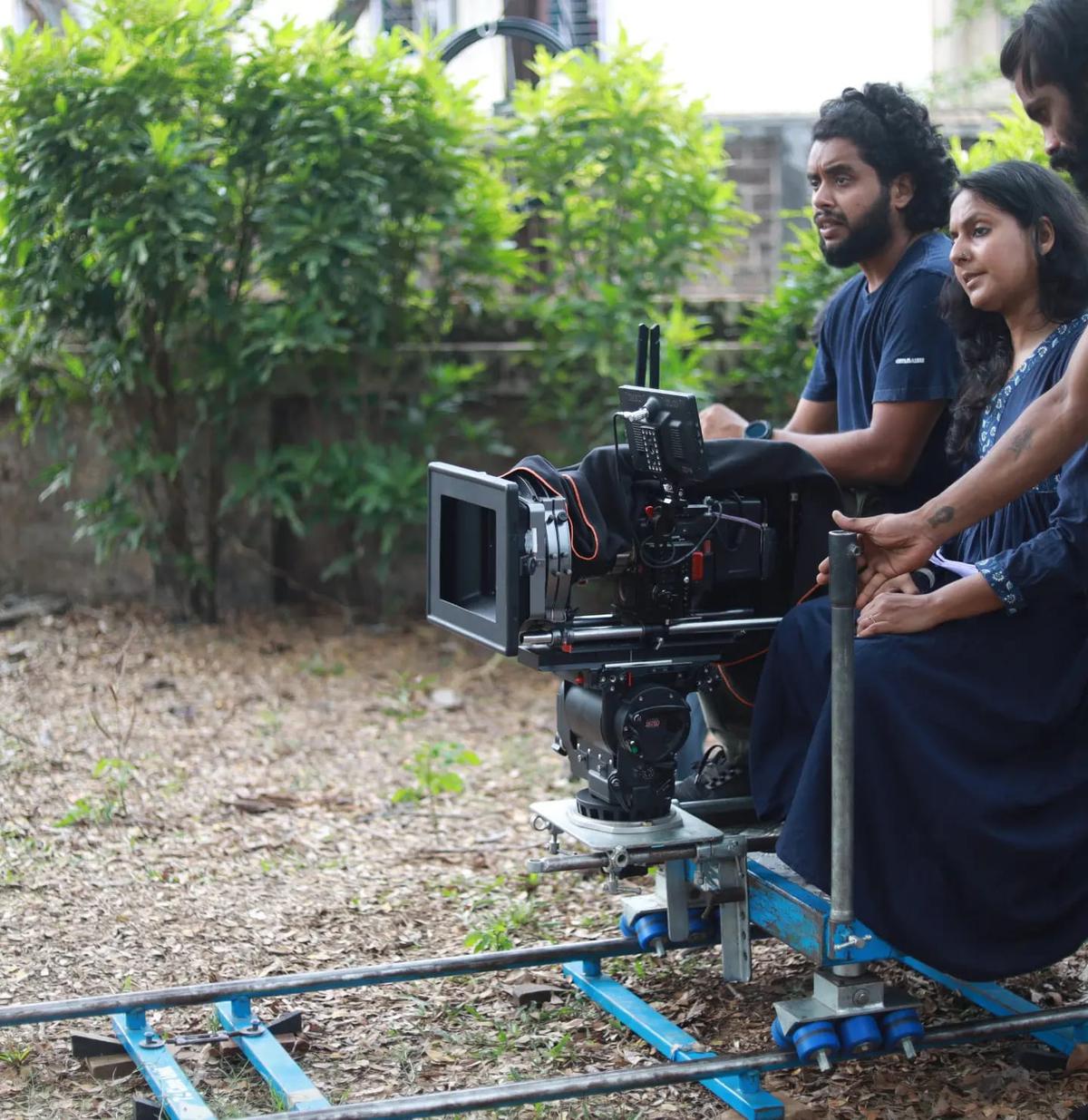From reducing waste at racing events to reducing energy on film sets, we talk to people working in a variety of public sectors about their sustainability initiatives.
From reducing waste at racing events to reducing energy on film sets, we talk to people working in a variety of public sectors about their sustainability initiatives.
In Gurugram’s Museo Camera, the light comes on when you walk in and fades when you leave. Launched in 2019 and built on principles of sustainability, the crowd-funded museum, which houses more than 5,000 photographic equipment, installed solar panels in April 2022 to meet its energy needs.
Elsewhere in Kochi, debutant director Shruti Sharanayam came up with a manual for sustainable cinema before shooting B32 Muthal 44 Var in March 2022. As a first step, he wrote notes on eco-friendly behavior on film sets – from the use of energy efficient measures to the use of organic and sustainable products.
Meanwhile, JK Tires appointed Unvest Network, a waste management company, in November 2021 to clean up solid waste at the JK Tire Motorsports rally at Kari Motor Speedway in Chettipalayam in Coimbatore. As a result, over 1200 kg of garbage was cleared from the site.
As the climate emergency draws closer to home, individuals and organizations in various regions are adopting sustainable measures to fight climate change.
work together
“Museums can become involved in climate change action in many ways. Sustainable practices must be employed in their everyday operations. These can reduce water and electricity wastage, reuse packaging materials, Can switch to LED lighting, compost the waste, etc. They can then make a big impact by educating their visitors about the climate crisis,” says Tejaswi Jain, Founder Reriti, a Bangalore-based organization Which is redefining the role of museums in tackling climate change.
One of their latest projects is IMACC (Indian Museum Against Climate Change), which seeks to create a platform where museums can collectively create a platform through sharing knowledge of their best practices and creating awareness through their collections. can come together to create an impact.
The Indian Music Experience Museum (IME), Bengaluru has an exhibition called Birdsong throughout June. Museum director Manasi Prasad, who is also a part of IMACC, says, “It is about creating ecological awareness by understanding the role of birds in our ecosystem. Effects of noise pollution, song of birds and why birds matter to us. ,
Recently, the museum organized a concert in celebration of tribal songs about birds by the Soliga tribe of BR Hills. In an event organized by Ririti about the use of sustainable materials in demonstrations, IME is taking two steps at a time by sensitizing and upgrading its employees. As a result, plastic and paper cups have been replaced with steel glasses on the water dispensers and visitors are encouraged to use public transportation to get to the museum.
All eight museums under IMACC will pass their exhibits through an eco-friendly lens before curation, thanks to a common platform created by ReReeti.
“Museums are gradually aligning with the SDGs (Sustainable Development Goals). We are not collection-heavy, but we have a huge power consumption,” says Aditi Nair, director of the Kerala Museum in Kochi, who is well on her way to harnessing solar energy.
As part of IMACC, the museum will put the Eco-Lens on a diorama from their sound and light show repertoire. Depicting the upheaval social and political events of the mid-century that led to the formation of the state, the diorama will trace the traditional and current values of Kerala around land and environment.
A diorama from the Kerala History Museum’s Light and Sound Show will be interpreted through an echo-lens and the discourses will be presented in the form of short exhibitions, talks and programmes. photo credit: special arrangement
motorsports gear up
Meanwhile, Akbar Ibrahim, president of Federation of Motor Sports Clubs of India (FMSCI), says, “Go karting, race track, off-roading… people congregate at our events, and hence there is a strong carbon footprint. Let us Start with simple steps and introduce consistency to motor sports.”
He says they should be in line with the government’s policy regarding emissions. According to Ibrahim, car tires cannot be reused after an incident and decibel levels need to be reduced to reduce noise pollution.

malayalam movie B32 Muthal 44 Var Adheres to on-set sustainability guidelines. photo credit: special arrangement
The actors arrive on the sets, says director Shruti B32 Muthal 44 Var Either by carpooling or public transportation. Food is prepared on the sets and water bottles are filled to prevent food wastage. The light is turned off as soon as the shooting is over.
“These are some of the measures we have initiated with the aim of making it the norm rather than the exception,” she says, “that it is our contribution to the fight against climate change.”